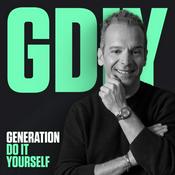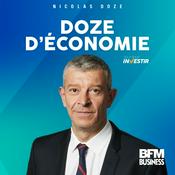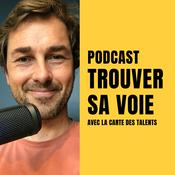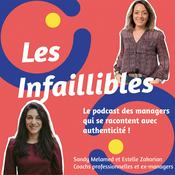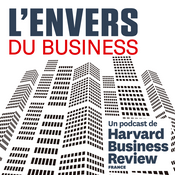440 épisodes
- Recorded live at the CEPR Annual Symposium. We seem to be talking about the behaviour of alpha males on social media a lot recently. But what happens when we put them in charge of a country? The work of Mario Carillo of Universitat Autònoma de Barcelona attempts to answer that question. He talks to Tim Phillips about when and why voters choose alpha males, and how they respond to being given power.
- What type of manager would you be? An experiment in Ethiopia set out to measure the management traits of young professionals by setting them challenges in a video studio, and along the way also uncovered valuable (and surprising) information about the type of manager that employees and employers preferred.
Simon Quinn of Imperial College London and CEPR and Tom Schwantje of Bocconi University were two of the researchers. They tell Tim Phillips about why it is important to develop better managers, and how we might do that for young professionals. - Recorded live at the CEPR Annual Symposium in Paris.
When VoxTalks Economics visits a symposium or conference, we try to find the most interesting new research from economists who are just starting out in their careers. In Paris we invited three of them to the CEPR Office to tell us about their work.
In this episode, Tim Phillips talks to Lucie Giorgi, Aix-Marseille School of Economics (AMSE), whose research tracks the impact of sex segregation in French elementary schools; Alishuba Philip of the University of Zurich, who has investigated why slum redevelopment often doesn’t benefit the people who live there, and Ali Bakhtawar – also of AMSE – about Lawfare in Pakistan. - Another special episode recorded at the CEPR annual symposium in Paris. On 20 Jan 2025 when the Trump administration declared foreign aid “antithetical" to American values and suddenly ended many of its overseas programmes. How many lives were lost as a result, and can others step up to try to minimise that damage?
Justin Sandefur is well qualified to speak on this topic – he leads Coefficient Giving’s programme on economic growth in low- and middle-income countries and is one of the authors in a chapter on this topic in the recent CEPR book, The Economic Consequences of the Second Trump Administration. Tim Phillips asked him about the consequences of the cuts on global health. - Recorded at the CEPR Annual Forum in Paris. Many of the Trump administration policies have direct consequences for Europe. Some of them are directly targeted at Europe. So how should Europe respond?
The CEPR Press book The Economic Consequences of the Second Trump Administration covers this in up-to-the-minute detail. In Paris Tim Phillips spoke to two of the editors, Beatrice Weder di Mauro and Ugo Panizza of the Graduate Institute Geneva, president and vice president of CEPR. Both have strong views about the challenge to Europe, and how Europe should meet that challenge.
Plus de podcasts Business
Podcasts tendance de Business
À propos de VoxTalks Economics
Learn about groundbreaking new research, commentary and policy ideas from the world's leading economists. Presented by Tim Phillips.
Site web du podcastÉcoutez VoxTalks Economics, The Diary Of A CEO with Steven Bartlett ou d'autres podcasts du monde entier - avec l'app de radio.fr
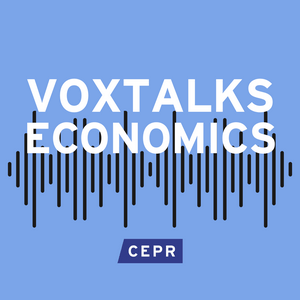
Obtenez l’app radio.fr gratuite
- Ajout de radios et podcasts en favoris
- Diffusion via Wi-Fi ou Bluetooth
- Carplay & Android Auto compatibles
- Et encore plus de fonctionnalités
Obtenez l’app radio.fr gratuite
- Ajout de radios et podcasts en favoris
- Diffusion via Wi-Fi ou Bluetooth
- Carplay & Android Auto compatibles
- Et encore plus de fonctionnalités


VoxTalks Economics
Scannez le code,
Téléchargez l’app,
Écoutez.
Téléchargez l’app,
Écoutez.










